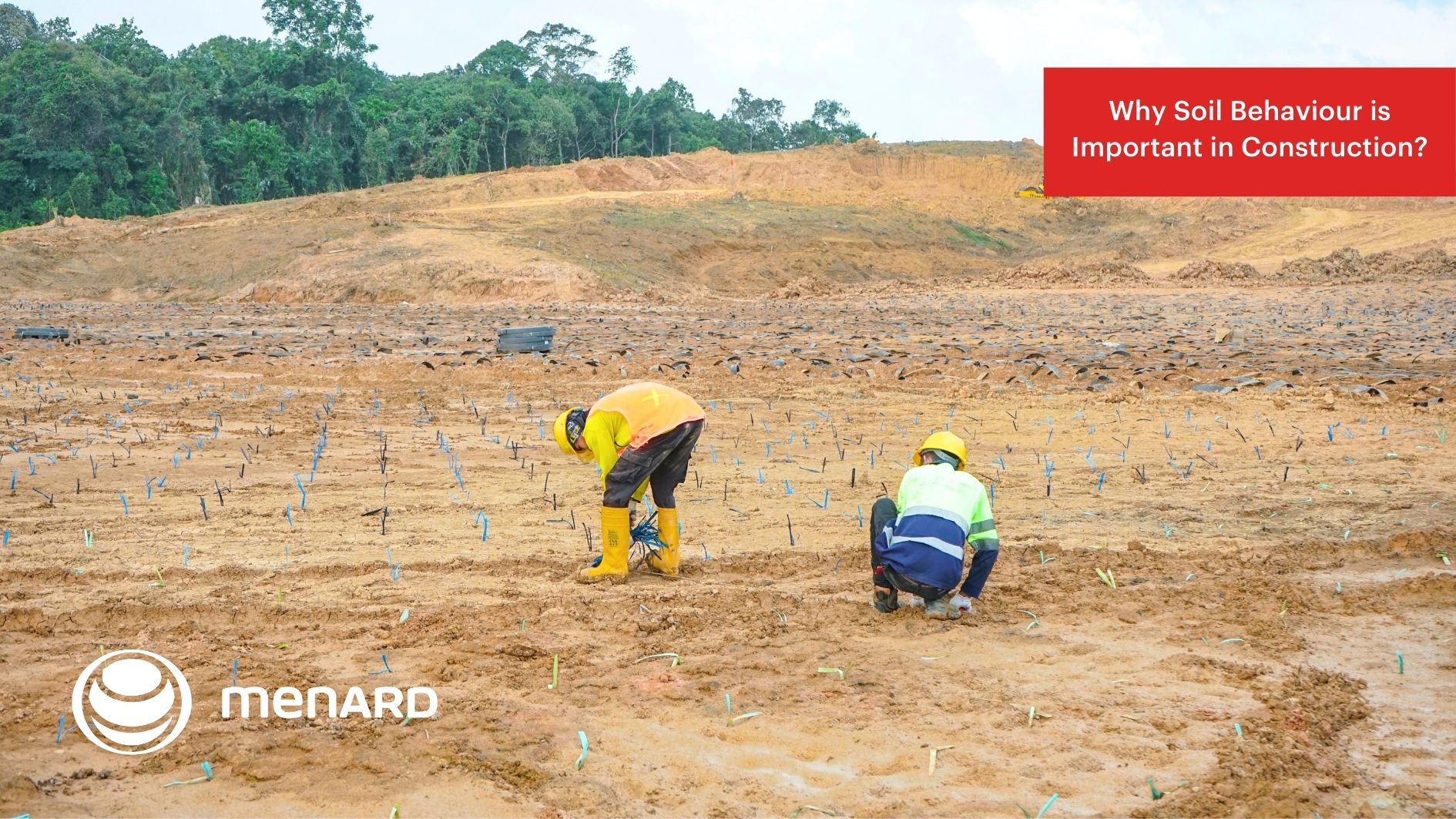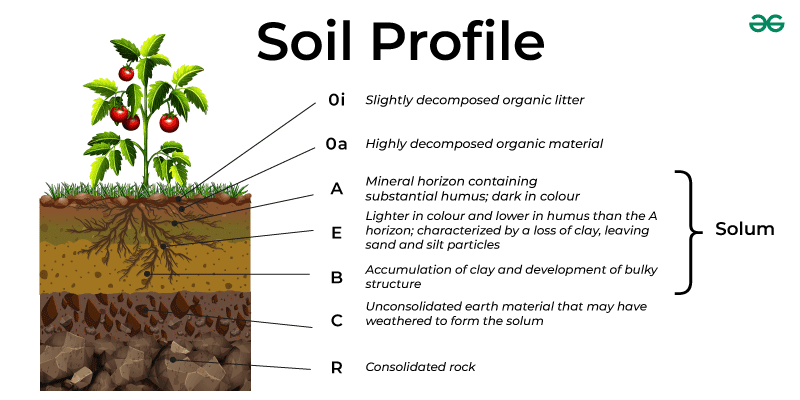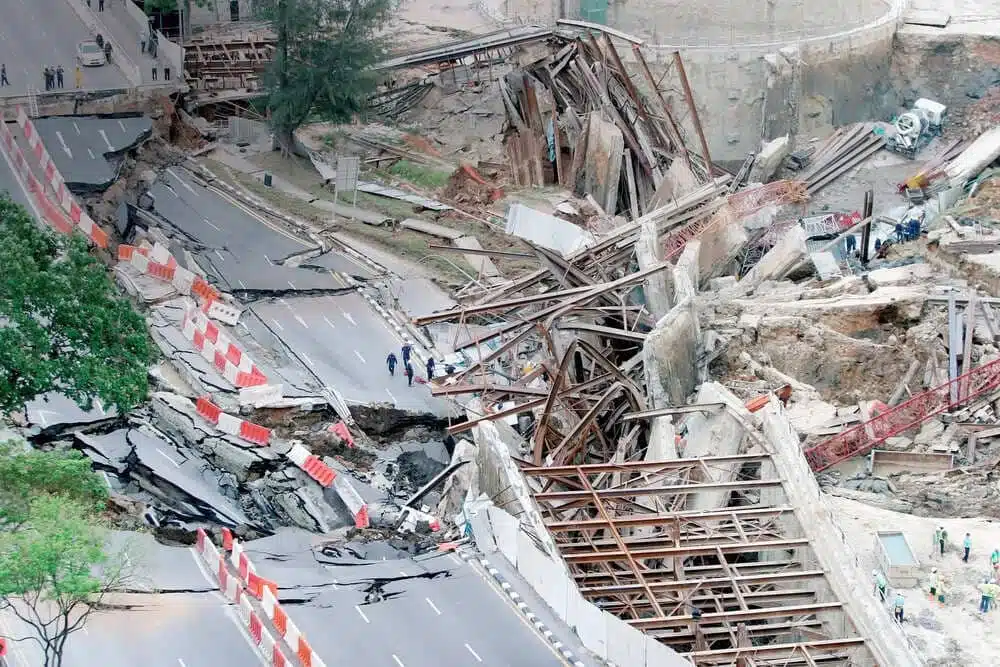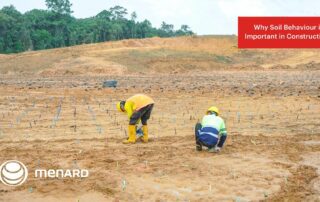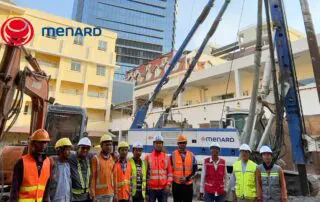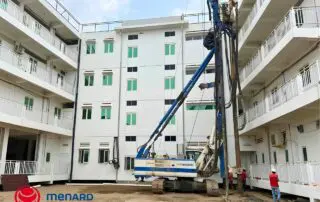Why Soil Behaviour is Important in Construction?
Soil behaviour plays a critical role in ground improvement, as it directly influences the stability, strength, and longevity of construction projects.
Soil behaviour refers to the way soil reacts under various conditions, such as load, moisture and temperature changes. By analysing soil behaviour, engineers can predict how soil will perform over time and ensure that the foundation of a structure is stable and secure.
 (source: geeksforgeeks.org)
(source: geeksforgeeks.org)
There has been a few construction failures that underscore the importance of understanding soil behaviour, such as the collapse of Nicoll Highway, Singapore in 2004:
A section of the highway collapsed during the construction of an underground tunnel, resulting in four deaths. The incident was attributed to soil failure and the insufficient strength of the retaining walls, which were unable to support the loads imposed by the soft marine clay.
Nicole Highway Collapse (source: newcivilengineer.com)
Primary Factors Influencing Soil Behavior
- Soil Type: Different soils, such as clay, silt, sand, and gravel, have distinct properties. For example, clay tends to shrink and swell with moisture changes, while sand is more stable but less cohesive.
- Moisture Content: The amount of water in the soil significantly impacts its strength and compressibility. High moisture content can lead to soil liquefaction, especially in sandy soils during an earthquake.
- Density and Compaction: Well-compacted soils have higher strength and lower compressibility, making them more stable and suitable for construction.
- Stress History: The past stress conditions that soil has undergone can affect its current behavior. Soils that have been preloaded or subjected to heavy loads in the past may exhibit different properties compared to undisturbed soils.
Ground improvement techniques are designed to enhance the properties of the soil to support structures effectively. The choice of technique depends on the understanding of soil behaviour:
- Compaction Method
-
- Objective: Increase soil density and shear strength.
- Application: Suitable for granular soils with low fines content. It is often used in areas with loose sands and gravels.
- Consolidation
-
- Objective: Accelerate the dissipation of excess pore water pressure and enhance soil strength.
- Application: Best suited for soft clays and silts that are prone to significant settlement. It is commonly used for large-scale infrastructure projects like highways, railways, port and airport runways.
- Reinforcement Method
-
- Objective: Improve load-bearing capacity, global stiffness and able to reduce settlement.
-
- Application: Can be used in wide scale of soil properties. This technique is compatible with fine material such as clay and silt or granular material such as sand and gravel. These methods are mostly used in building foundations, embankments, and slope stabilization.
By understanding soil behaviour and applying appropriate ground improvement methods, we can ensure that construction projects are built on solid and reliable foundations.
For more information on how Menard Asia’s ground improvement solutions can enhance the stability and success of your construction projects, contact us today!
Menard Asia is a specialist geotechnical EPC contractor offering ground improvement and remediation works in Malaysia, Indonesia, Vietnam, Singapore, Bangladesh, Cambodia, Philippines, Thailand and other South-East Asia Countries.
Contact Menard in your country to consult more on how our ground improvement techniques can provide you with the best solution to build a stable foundation for your next construction projects.

